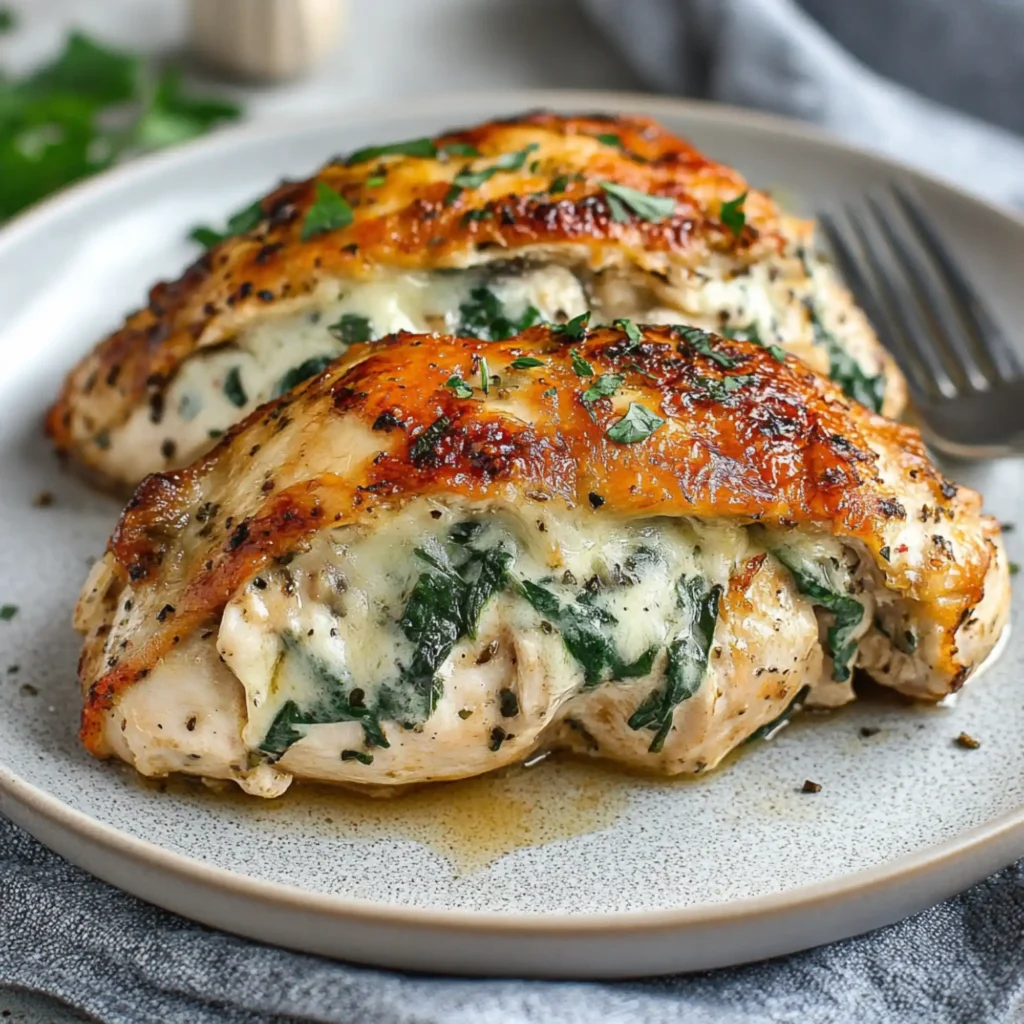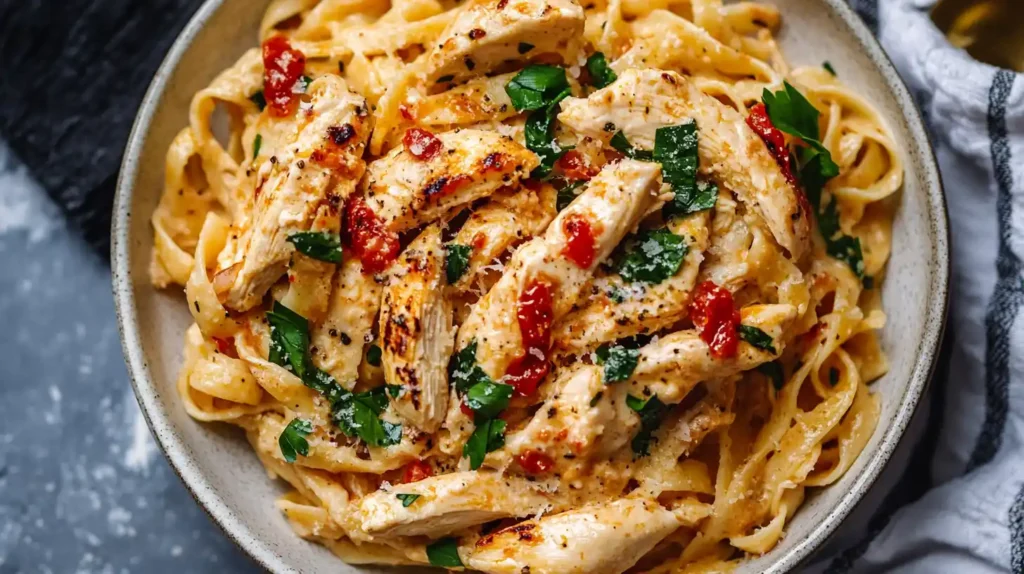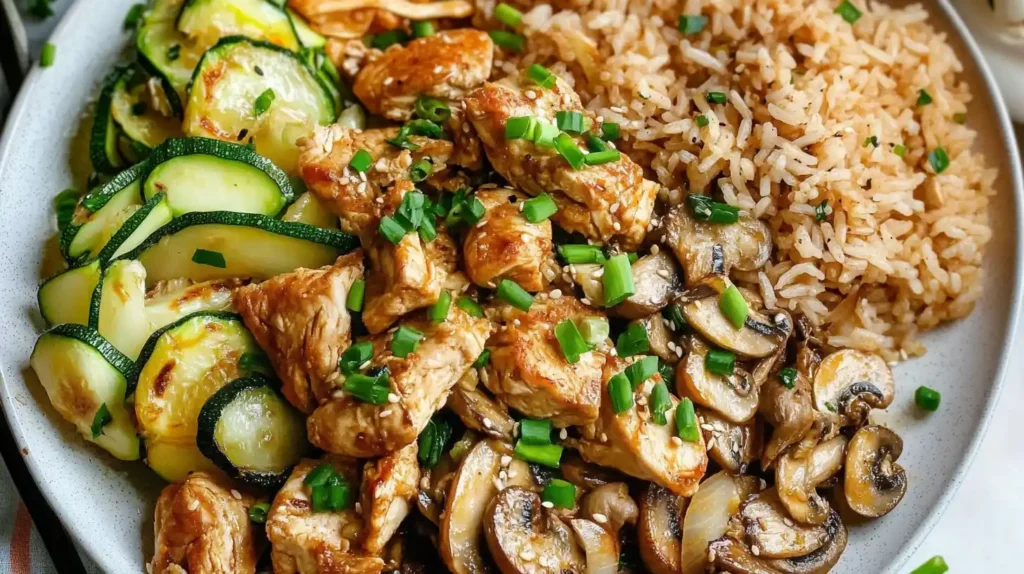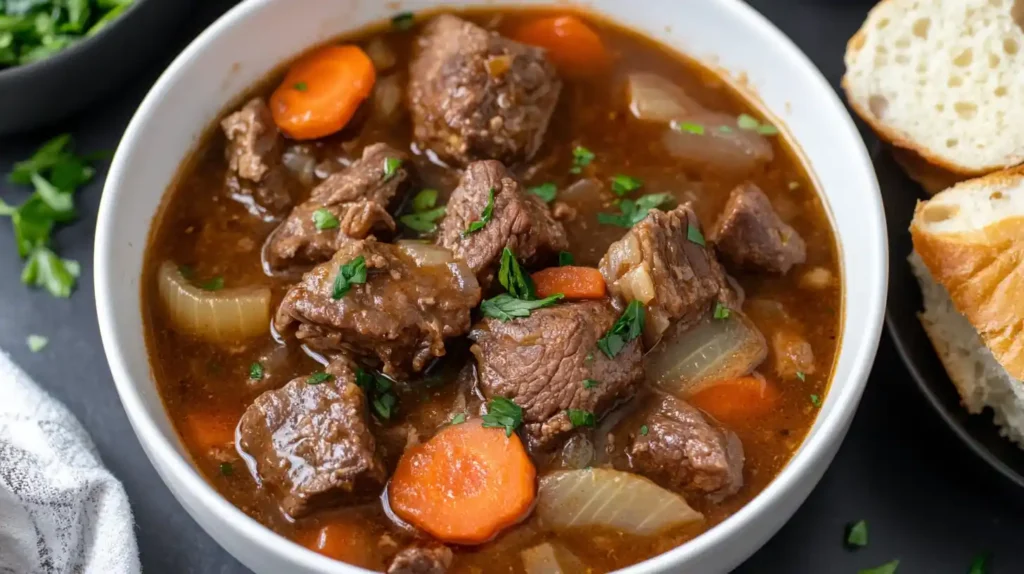Learn to make Traeger pulled pork that’s tender and full of smoky flavor. This guide will show you how to use your Traeger to make BBQ at home. It covers all the steps to get delicious results every time.
Whether you’re new to smoking or a BBQ pro, this recipe is for you. It teaches how to choose the right pork butt and set up your Traeger. You’ll also learn smoke techniques to enhance the flavor. Follow these tips to avoid mistakes and serve pulled pork that’s juicy and smoky.
Getting Started with Your Traeger Pulled Pork Recipe
Mastering traeger pulled pork begins with two essential steps. First, pick the right cut of meat. Then, get your grill ready. Follow these tips to ensure your meat is tender and delicious.
Choosing the Right Cut of Pork
For tender traeger pulled pork, look for cuts with lots of fat and marbling. The top choices are:
- Pork Shoulder: Its high fat content makes it juicy.
- Boston Butt: It’s perfect for slow smoking because of its dense texture.
- Picnic Roast: It’s affordable and tastes great when cooked right.
Stay away from lean cuts like tenderloin. They dry out during the long smoke.
Preparing Your Traeger Grill
Get your grill ready in three easy steps:
- Clean grates: Use a brush to remove any debris.
- Preheat to 225°F: Wait until it’s stable before adding the meat.
- Smoke settings: Use Traeger’s Smoke setting for the best flavor.
These steps help ensure even heat and great smoke flavor. They prevent common issues like uneven cooking or interrupted smoke.
Understanding the Best Wood and Smoke Techniques
In the pulled pork Traeger recipe, picking the right wood and mastering smoke techniques makes your BBQ stand out. The wood you choose and how you manage the smoke greatly affect the flavor and smokiness of your dish.
Types of Wood for Enhanced Flavor
Try these wood types to find what you like best:
- Oak: It has strong, earthy notes for bold, long-cook dishes.
- Hickory: It’s known for its classic smoky sweetness, perfect for traditional BBQ.
- Applewood: It adds a mild fruity undertone for a subtle smoky flavor.
- Cherry: It has a sweet, nutty taste that goes well with tangy sauces.
Setting Up Your Smoke Box
Here’s how to get the most out of your Traeger’s smoke box:
- Use wood chunks, not chips, for sustained flavor.
- Put the filled box in the grill’s smoke stack compartment.
- Close the lid and adjust vents to control smoke flow during cooking.
| Wood Type | Flavor Profile | Best For |
|---|---|---|
| Oak | Strong, earthy | Long cooks, hearty meats |
| Hickory | Smoky, sweet | Traditional BBQ styles |
| Applewood | Fruity, mild | Mild meats, light sauces |
| Cherry | Sweet, nutty | Rub blends, rich dishes |
Choosing wood flavors for your pulled pork Traeger recipe lets you express your taste. Adjust the smoke levels slowly to keep the pork’s natural juices in balance.
Marinades and Rubs for Maximum Flavor
Boost your Traeger pulled pork with marinades and rubs. They add depth and keep the meat juicy. Begin with a base like apple cider vinegar or olive oil. This helps the spices stick to the meat.
A simple rub mix of brown sugar, smoked paprika, garlic powder, and black pepper is great. It gives a savory base.
- Essential rub ingredients: Salt, brown sugar, paprika, garlic powder, onion powder, cayenne (optional).
- Marinate for 2–12 hours to tenderize and infuse flavor without over-saturating the meat.
- Pair sweet and smoky elements: Try mixing honey or maple syrup with chipotle powder for balance.
| Rub Recipe | Ingredients | Flavor Profile |
|---|---|---|
| Classic BBQ Rub | 1/4 cup brown sugar, 2 tbsp paprika, 1 tbsp garlic powder, 1 tbsp onion powder, 1 tsp cayenne | Sweet, smoky, and slightly spicy |
| Herb-Crusted | 3 tbsp dried thyme, 2 tbsp rosemary, 1 tbsp black pepper | Earthy and aromatic |
Use dry rubs 30 minutes before smoking to prevent burning. For marinades, a ziplock bag works well. Make sure the meat is fully covered. Avoid acidic ingredients like citrus juice for longer marinating times, as they can make the meat tough.
Try small batches first to find your perfect mix. Then, apply it to the whole cut.
Step-by-Step Guide to Smoking Perfection
Mastering pulled pork on traeger starts with precision. Follow these actionable steps to turn a pork shoulder into fall-apart tender meat:
Preheat and Season Your Meat
Start by heating your Traeger grill to 225°F. Clean the grates with oil to avoid sticking. Rub your pork shoulder with a dry rub, making sure to cover every part. Let it sit for 15 minutes to soak up more flavor.
Mastering the Slow Smoking Process
Put the seasoned pork on the grill and close the lid. Use the Traeger’s smoke setting to keep the heat steady. Follow this timeline for the best results:
| Stage | Temperature | Time |
|---|---|---|
| Initial Smoke | 225°F | 4–5 hours |
| Wrap Phase | 225°F | 2–3 hours (wrapped in foil) |
| Final Crust | 275°F | 30–60 minutes (unwrap and finish) |
Monitoring Internal Temperature
Put a meat probe into the thickest part of the pork. Aim for an internal temperature of 195–205°F. Try not to open the grill lid too often—use the Traeger app for remote monitoring. After it’s done, let it rest for 30 minutes before shredding.
- Preheat grill to 225°F and oil grates.
- Apply rub, rest, and place on grill.
- Smoke for 4–5 hours, then wrap in foil for 2–3 hours.
- Unwrap, increase heat to 275°F, and finish for a crisp exterior.
- Use a probe to track progress without lifting the lid.
Keeping the temperature and timing consistent is key for pulled pork on traeger to stay juicy. Adjust the smoke levels using your grill’s settings for a perfect smoky flavor.
Troubleshooting Common Pitfalls
Getting perfect pulled pork on your Traeger grill can face some hurdles. Here’s how to tackle common problems and keep your meat tender and smoky:
Dealing with Inconsistent Smoke Levels
Uneven smoke flavor? Check your wood chunks. Place them on the Traeger’s smoke stack or use Traeger smoke pellets for steady smoke. Adjust grill vents to balance airflow. Tip: Reload wood every 45 minutes for continuous flavor.
Preventing Dry Meat
Overcooked pork gets tough. Use a meat thermometer to stop cooking at 195–205°F. Let the pork rest 30 minutes after smoking to keep juices in. For extra moisture, add a water pan under the grill grates during cooking.
Avoiding Overcooked Edges
Wrap your pork in aluminum foil halfway through cooking to protect outer layers. Keep an eye on temps—edges char quickly if left uncovered past ideal doneness. Lower heat to 225°F for even cooking.
By adjusting these techniques, your pulled pork traeger results will stay tender. Practice these fixes to turn potential mistakes into perfect meals every time.
Serving Suggestions and Sides to Complement Your BBQ
Your Traeger pulled pork is ready—now it’s time to elevate the presentation. Pairing the right sides and plating ideas ensures every bite feels like a celebration of flavor and texture.
Creative Plating Ideas
Transform your Traeger pulled pork into a showstopper with these tips:
- Serve in warm tortillas with a drizzle of tangy sauce.
- Layer shredded meat on toasted buns for a hearty sandwich.
- Arrange pulled pork over a bed of creamy mashed potatoes for a hearty meal.
Finish with garnishes like fresh cilantro or a sprinkle of crispy onions to add texture.
Simple and Tasty Side Recipes
Balance bold BBQ flavors with these crowd-pleasing sides:
| Side | Ingredients | Pairs With |
|---|---|---|
| Coleslaw | Cabbage, mayonnaise, apple cider vinegar | Cuts through richness; perfect with smoky Traeger pulled pork |
| Honey-Baked Beans | Cannellini beans, honey, bacon | Sweet and savory contrast to tangy pork |
| Grilled Corn Salsa | Charred corn, cherry tomatoes, lime juice | Fresh acidity to brighten the meal |
These options ensure your meal is as visually appealing as it is delicious.
Enhancing Your Technique for Future Cookouts
Improve your Traeger grill skills by fine-tuning each step of cooking pulled pork. Every cookout is a chance to learn and grow. Try adjusting smoke levels, tweaking seasonings, or exploring new flavors. Start by keeping track of your results.
Notice when the meat stays tender or when the smoke flavor fades. Even small tweaks can make a big difference.
- Try mixing wood pellets for layered smoke profiles. Combining applewood with cherry adds sweetness and depth.
- Adjust your rub after each cook. Too salty? Reduce salt next time. Missing tang? Add a splash of vinegar.
- Track cooking times. Note when pork reaches the ideal 195°F internal temperature to avoid overcooking.
| Wood Type | Flavor Profile | Best Use |
|---|---|---|
| Applewood | Sweet, mild | Pulled pork, ribs |
| Cherry | Subtle fruitiness | Pork, poultry |
| Hickory | Strong, smoky | Beef, hearty dishes |
Share your findings with other grillers online or at BBQ events. Learning from others can inspire new ideas. Remember, mastering BBQ takes time—each cookout brings you closer to perfection.
Conclusion
Choosing the right cut, controlling smoke, and balancing flavors are key to Traeger pulled pork success. The wood you use, whether apple or cherry, greatly affects the taste. Your Traeger grill’s consistent heat and smoke setup keep the meat tender and flavorful.
It’s time to start cooking. Try different wood blends or spice mixes to find your favorite flavor. Serve your smoked pork with tangy BBQ sauce and classic sides like baked beans or cornbread. Each time you cook, you can improve and make unforgettable dishes.
Patience and detail are crucial. As you cook more, you’ll see how small changes, like smoke time or rub seasoning, make a big difference. Your Traeger grill is more than a tool; it’s your path to BBQ mastery. Enjoy the journey, and soon your pulled pork will be as good as any restaurant’s.
FAQ
What is the best cut of pork for Traeger pulled pork?
Pork shoulder, also known as pork butt, is the top choice for Traeger pulled pork. It’s full of fat, which keeps the meat tender and juicy.
How long does it take to cook pulled pork on a Traeger?
Cooking pulled pork on a Traeger takes about 8 to 12 hours. This time depends on the cut’s size and the cooking temperature. It’s crucial to let the meat reach a safe temperature and become tender.
What type of wood is best for smoking pulled pork on a Traeger?
Hickory, apple, and cherry wood are great for smoking pulled pork on a Traeger. Hickory gives a strong flavor, while apple and cherry add a sweet touch that complements the pork.
Do I need to marinate the pork before cooking on the Traeger?
Marinating or using a dry rub is optional but highly recommended. It tenderizes the meat and adds bold flavors, making the pork taste better.
How can I ensure my pulled pork doesn’t turn out dry?
To prevent dry pulled pork, keep an eye on the internal temperature. Aim for 195-205°F. Also, make sure the cooking environment is moist. Using a water pan in your Traeger helps keep humidity up.
What should I serve with Traeger pulled pork?
Serve Traeger pulled pork with coleslaw, baked beans, cornbread, and pickles. These sides complement the smoky flavor and offer a refreshing contrast to the rich pork.
Can I freeze leftover pulled pork?
Yes, you can freeze leftover pulled pork. Store it in an airtight container or freezer bag for up to three months. Thaw it in the fridge before reheating for the best taste.
What temperature should I set my Traeger for smoking pulled pork?
Set your Traeger to 225°F to 250°F for smoking pulled pork. This low-and-slow method helps the flavors develop and the meat to become tender.
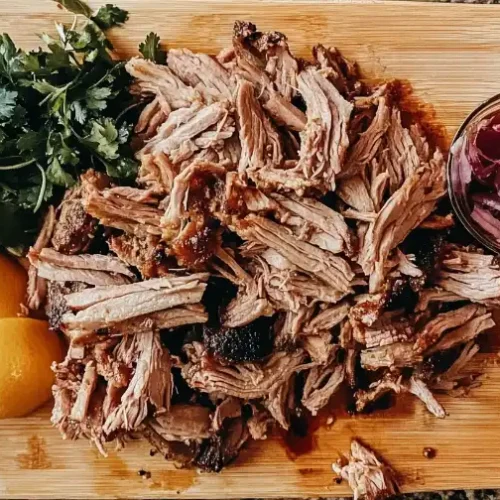
Traeger Pulled Pork Recipe: Juicy, Smoky BBQ Perfection Every Time
Ingredients
- 1 pork shoulder or Boston butt 5–8 lbs
- 1/4 cup brown sugar
- 2 tbsp paprika
- 1 tbsp garlic powder
- 1 tbsp onion powder
- 1 tsp cayenne pepper optional
- Salt and black pepper to taste
- Apple cider vinegar or olive oil for marinade base
Instructions
- Preheat your Traeger grill to 225°F and clean the grates with oil.
- Mix your dry rub ingredients in a bowl.
- Rub the pork shoulder evenly with the spice mix.
- Let the seasoned pork sit at room temperature for 15 minutes.
- Place the pork on the grill and close the lid.
- Smoke at 225°F for 4–5 hours, maintaining steady heat.
- Wrap the pork in foil and return it to the grill for another 2–3 hours.
- Unwrap the pork, increase the temperature to 275°F, and smoke for 30–60 minutes to form a crust.
- Check internal temperature with a meat probe—aim for 195–205°F.
- Remove the pork and let it rest for 30 minutes.
- Shred the pork using forks or meat claws and serve with your favorite sides.
